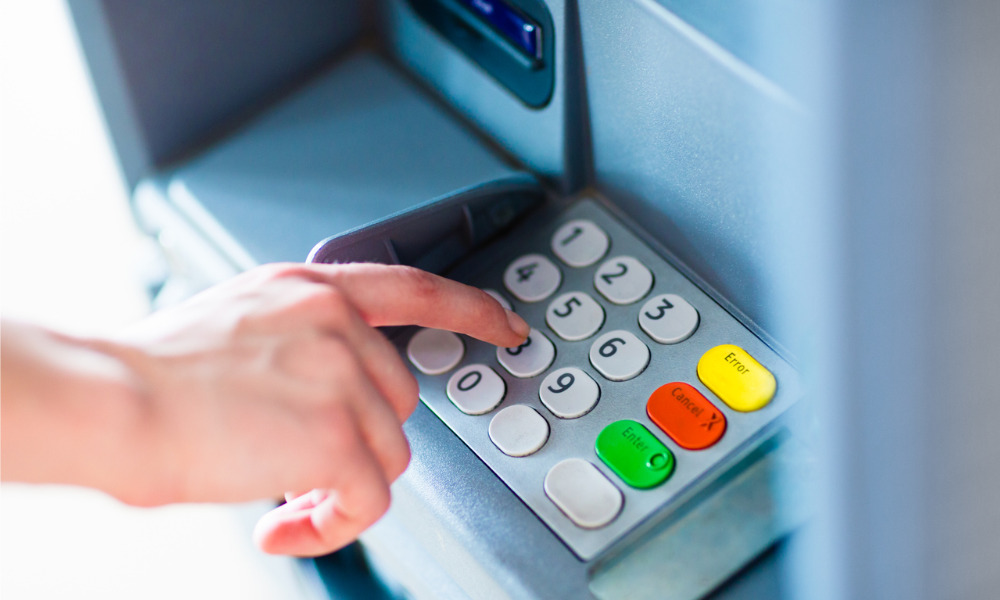RBC poll reveals that most Canadians are sharing passwords and PINs with friends and family

More than half of Canadians say they have shared their banking passwords or PINs with friends and family, putting their financial security at risk.
A new poll from RBC shows that the risky behaviour was admitted by 55% of respondents and it’s just the tip of the iceberg.
Four in 10 respondents said they have compromised their security by using easy-to-guess passwords such as 1234 or ‘password’; used their birthday as their bank PIN; kept their PIN written down in their wallet; or even having the PIN written on their bank card.
Many people fail to realize that these everyday security codes could lead to fraudsters accessing more than just their cash, putting their identity and finances at risk.
"You should always protect your PIN and passwords and choose one that follows security best practices," says Jason Storsley, Vice-President, Fraud Management, RBC. "In the wrong hands, this information could be detrimental to your financial security. Think of it as leaving your house key in the lock yet expecting that you are protected."
Advising clients on best practice
RBC says that current best practice means getting creative:
- Choose passwords that are difficult for others to guess, but easy for you to remember.
- Complexity is nice, but length is key. Always use the maximum password length allowed by the application. Aim for at least 16 characters if possible.
- Avoid common words like "password" or "user", obvious sequences of letters or numbers like "1234" or "ABCD" or anything that can be easily guessed like your birthday.
- Some of the strongest passwords aren't words, but a collection of words or "passphrases." Passphrases are made of randomly chosen words. Here are some examples: "Delay Elephant Buy" or "Europe Profit Now."
- Replacing some letters with spaces, numbers or special characters – for example, @ replaces an "A" or $ replaces an "S" – can help increase the strength of your password. But don't rely on obvious substitutions, like substituting an "o" with a "0" – for example, "H0use" instead of "House."
RBC’s warning comes during the national Fraud Prevention Month.
"RBC invests in emerging and new technologies and maintains rigorous security procedures to ensure our clients can enjoy doing business with us in a safe and secure environment," adds Storsley. "Billions of transactions take place safely each year and we believe that working together with our clients is the best way to safeguard against financial fraud."



